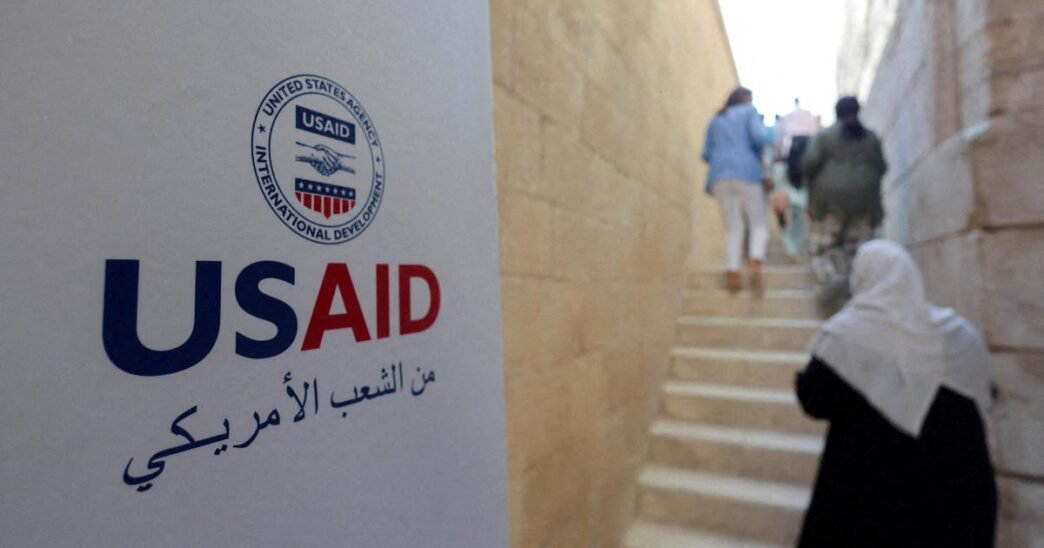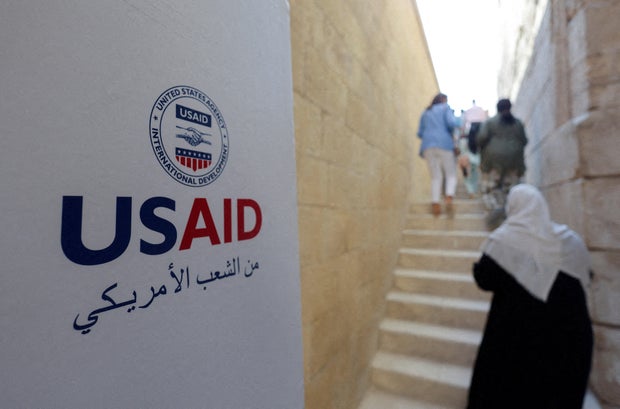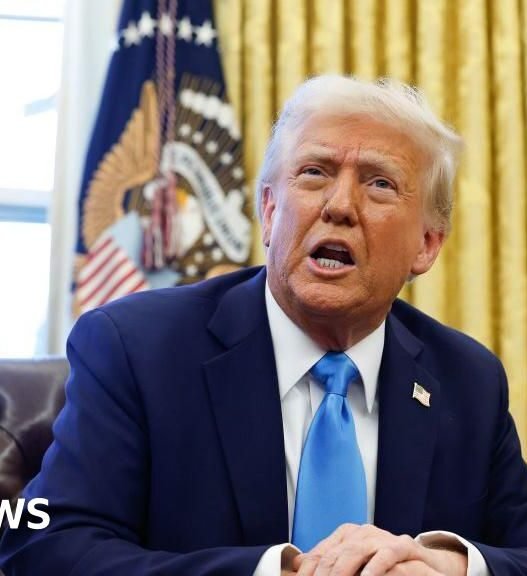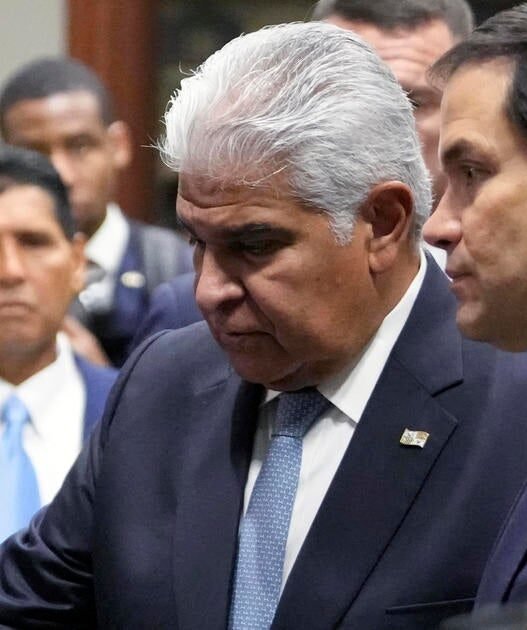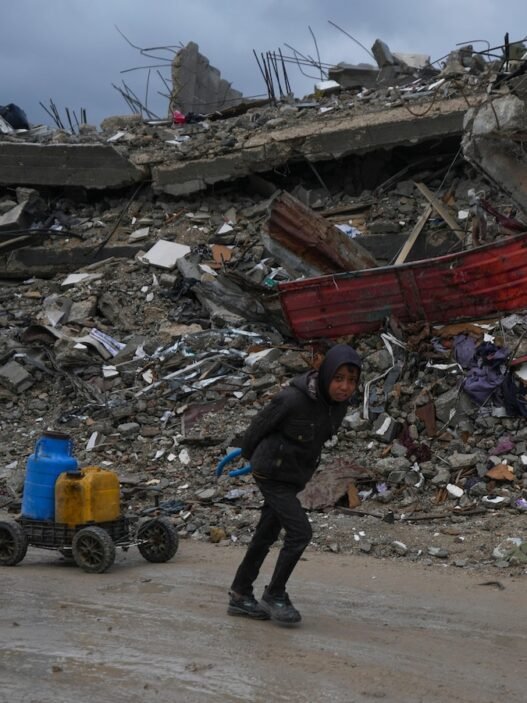Abdul Fatorma, chief executive of the Campaign for Human Rights and Development International, had been working on expanding democracy in Sierra Leone for seven years.
Civil war had plagued the West African coastal nation for decades, ending in 2002 — and slowly, peace had returned, helping to reduce migration and violence. Essential to that progress, Sierra Leone’s civil service advocates believe, is nurturing democracy and human rights. Fatorma’s grassroots campaign was granted $1 million in U.S. funding in 2023 to continue work on those goals.
Around two years later the project — which promoted meaningful participation of all citizens in their political systems, expanded the reach of civic education and encouraged female aspirants to run for office — ended last week when Secretary of State Marco Rubio ordered a pause on all new U.S. foreign assistance programs funded by the State Department and USAID. Almost all of the agency’s workers are being put on leave.
“It came as a shock, and devastating,” said Fatorma from his office in Freetown, Sierra Leone’s capital. He added the loss created “a gap” in funding and a “vacuum in governance” that he said Russia or China could rush to fill.
USAID managed more than $40 billion in appropriations in 2023, according to the Congressional Research Service, a figure that is less than 1% of the federal budget. A large portion of the funding is awarded to U.S. organizations that grant monies to local partners or grassroots groups, which implement the projects in their respective countries.
Grassroots groups are involved in carrying out a range of humanitarian projects and activities, including working in hospitals or health clinics, fighting human trafficking, and running programs that advance democracy, entrepreneurship or conservation.
The complex funding structure has routinely been criticized as not reaching grassroots groups quickly or directly enough, but regardless, thousands of advocates and workers around the world depended on USAID to carry out an enormous spectrum of civil society work.
Amr Abdallah Dalsh / REUTERS
Freedom Collaborative, a global network of about 3,000 advocates against trafficking, had 80% of its budget cut after receiving a stop-work order last week, said CEO Julia Macher, who is based in Berlin. The organization said it is funded by a USAID subgrant through Winrock International, an international development organization that manages 100 projects in 40 countries mostly for the U.S. government.
Macher said since the freeze on federal funding, her group had been contacted by at least 50 partners. In a Freedom Collaborative newsletter, Macher cited organizations in the Balkans that provide direct services to survivors and in Thailand where workers in shelters don’t have funds to pay for essentials like food, medical care and transportation. The work of Cambodia’s Chab Dai, a USAID-funded survivor support program, has been put on hold, affecting nine staff members and dozens of survivors, Freedom Collaborative said.
The situation is especially dire for groups in Latin America, the newsletter said, including an organization in Ecuador that had to let go of 11 staff members working with migrants and trafficked individuals, and groups in Colombia that had to halt all their operations.
Funding for this type of complex work — often done at great personal risk to local staff and victims — is already very difficult to secure. Often, the U.S. government would be the only donor willing to provide funds, Macher said. She stressed that the benefits of these programs reach far beyond the individuals receiving assistance.
“It helps with global stability, and that is the larger argument,” she said. “The work helps reduce organized crime. And if there is no response or watching these crime groups, they can start expanding, and that is very scary because then it’s a ripple effect. It’s not just about the humanitarian aspect.”
Stopping the work so suddenly has “a huge impact on actual human lives,” Macher said.
Rubio told U.S. diplomats Wednesday that the United States does not plan to stop distributing foreign aid entirely, saying the agency needs to do a better job of explaining and defending where the money goes.
“We’re going to continue to provide foreign aid and to be involved in programs, but it has to be programs that we can defend. It has to be programs that we can explain. It has to be programs that we can justify,” Rubio said to about 200 staffers at the U.S. Embassy in Guatemala City, according to a partial transcript of his remarks obtained Wednesday by CBS News.
Rubio also noted that while foreign aid spending is not popular with the public, “for those of us in charge of doing the work of foreign policy, we understand it is essential.”
Ed O’Keefe
contributed to this report.

